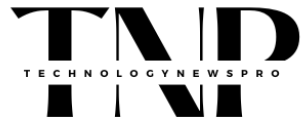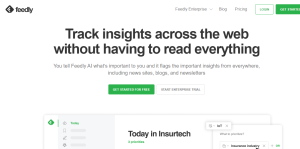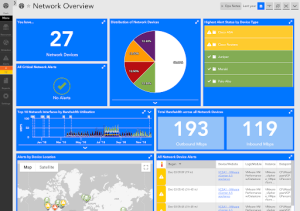The information in this report will help you understand the current state of the IT industry and its outlook from 2015 to 2022. This will include a look at the Educate IT industry knowledge. You’ll be able to select the most appropriate educational program for your unique needs and goals.
Education requirements in IT Industry
The current education requirements for many industries have not kept pace with rapid changes in the workplace. These changes have made it crucial to reimagine educational systems to prepare people for the future. Former president of Argentina Mauricio Macri made this point at a G20 summit, saying: “The future of work is a race between education and technology.” While technology is redefining our society, education systems must also undergo metamorphosis to keep pace. In addition to reimagining degree programs, institutions of higher learning should focus on molding future employees with the skills and knowledge needed in the labor market.
Job growth
The latest job outlook shows a boom in demand for project professionals, especially those with experience in the energy, health care, and transportation industries. The report predicts that employment in these sectors will grow by nearly 10 percent from 2015 to 2022, despite challenges. In addition to rising demand, the region is poised to benefit from growing investment in renewable energy, transportation, and healthcare sectors.
The Bureau of Labor Statistics has released projections for both job growth and job openings due to replacement needs through 2022. The figures provide a complete picture of the overall labor market trends. For example, while the total number of jobs in the U.S. economy is expected to increase by nearly one million, most of the growth will come from fast-growing fields and sectors. The Bureau of Labor Statistics’ projections reflect long-term structural changes in the economy.
The job growth forecasts show that Healthcare Support will add less than a thousand jobs each year, but still has over 158,000 job openings for the period from 2015 to 2022. Almost eighty percent of these openings are in Home Health & Personal Care Aides and Nursing Assistants. With the pandemic stress on hospitals and residential care facilities, demand for these jobs has surpassed supply.
The rising cost of fossil fuels is also increasing the need for talent in renewable energy projects. France, for example, recently announced a EUR8 billion funding initiative to advance its energy industry. Its goals include reducing greenhouse gas emissions by 2050 and becoming a leader in green hydrogen. These plans align with the European Green Deal, a program that aims to make the European Union climate-neutral by 2050.
In the future, the world of work is changing at an accelerated pace. Workers will need to acquire new skills to stay relevant. It will also be important to reset their intuitions about how to work in this new world of work. Aside from learning new skills and retraining for new occupations, workers will need to develop social and emotional skills and improve cognitive capabilities to keep up with the rapid changes.
Career opportunities
As the gig economy and smaller firms become increasingly data-driven, the demands for data-driven job candidates are growing. In response, companies are increasing their emphasis on these skills instead of experience and a college degree. Several top global companies have begun shifting away from a traditional focus on college degrees in favor of skills-based education.
Cost of gaining industry knowledge
Industry knowledge is an essential asset for any business, and not paying attention to industry changes can cost you. Not only does it put you at a disadvantage because you might miss out on opportunities, it can also make you fall behind on what your customers are looking for. By staying up to date with industry trends, you will be able to find out about new opportunities before everyone else does. For example, you might be able to discover a niche market with exploitable time-limited opportunities.
By investing in industry knowledge, you will be able to stay ahead of your competition and stay ahead of trends in your industry. By gaining this knowledge, you will improve your competitiveness and business growth. Industry knowledge covers a wide variety of topics, including size, products, pricing, recruitment, technology, suppliers, regulations, best practices, and more.
As a business consultant, salesperson, or training professional, you need to be able to converse convincingly with clients in your industry. Similarly, a software developer, IT service provider, or any other service provider should be able to put industry-specific terms into context for your company’s goals.
In addition to providing information on the latest trends and technologies, the report also examines the economic and non-economic factors that influence the market. It also provides insights into the competitive landscape, including new service/product launches, partnerships, and acquisitions in the past five years. It is also important to consider the geographical regions of the market.







